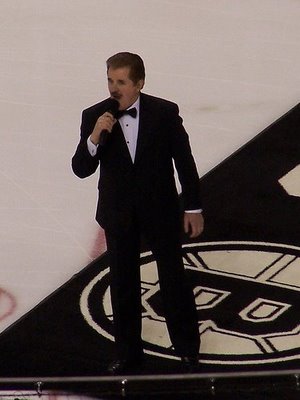(Image: Jared Wickerham/Getty)
I can’t imagine many Brewers fans took joy in yesterday’s news that the Cubs fired Dale Sveum. Although we’ve all had a good laugh at the Cubs’ expense over the last two years – with the Brewers going 26-10 against those jokers – it was a shame that Sveum had to take the fall. Even Cubs president Theo Epstein’s statement on the firing acknowledged the unfairness of it all:
“In his own authentic and understated way, Dale always put the team first and never complained about the hand he was dealt…I believe Dale, who felt the weight of losing perhaps more than any of us, will grow because of this experience and find excellence elsewhere.”
On many levels, it’s hard for us fans to understand what managers need to do to be successful. A lot of it seems like just playing (as Epstein said) the hand you’re dealt. Given the roster Ron Roenicke had to work with in 2011, it doesn’t feel surprising he was successful in his managerial debut. The tools Sveum had to work with in 2012 and 2013 were much less impressive. What’s a manager to do when players aren’t performing? If it was easy to coach ineffective players, Juan Francisco would be a Gold Glover and Yuniesky Betancourt would be a .300 hitter.
On the other hand, in his blog post on Sveum’s firing, Brewers beat writer Tom Haudricourt noted that the 2013 Brewers appeared to keep playing hard for Roenicke when they were not in contention, while the Cubs regressed. It’s often assumed that a manager can influence how hard his team plays, but is that really fair? What if the players are just schlubs?
When Sveum was interim manager of the Brewers during the last 12 games of their 2008 wild card run, the team played hard. It’s difficult to remember now, but it was only during the final week of that season when Milwaukee won six of their final seven games that the wild card berth was secured. Maybe it’s easier to play hard when you’re within reach of the playoffs…but if that was the case there would have been no reason to fire Ned Yost. At the time, J.J. Hardy said: “[Sveum] definitely knows what he's doing. I don't think there is anybody in this clubhouse who questions him."
It’s been said that managers get too much blame when their teams perform poorly – and too much credit when they perform well. Hopefully, Sveum’s next managerial job will give him the opportunity to get too much credit.
Add The Sports Daily to your Google News Feed!
